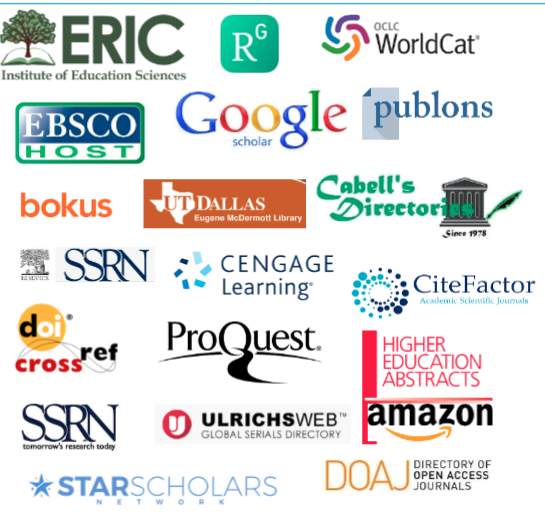To What Extent Do Global Competency Trainings Predict Teaching Methods in a Globalized Classroom Environment?
DOI:
https://doi.org/10.32674/jimphe.v7i1.4002Keywords:
diversity in education, diversified instruction, global competency, higher education, international classroom, instructional strategies, international student mobilityAbstract
This article addresses the cultural and educational needs of global learners by shedding light on existing literature focused on issues related to globalization and the internationalization of higher education in the United States. International student mobility promotes cultural and economic changes, which are recognized within this article due to intercultural differences and interpersonal interactions within these social spheres. A survey questionnaire was used to gather data concerning the global competencies of faculty (i.e., knowledge of global cultures, entities, organizations, etc.). Forty eight of the 102 faculty members (47%) at a four-year private institution who responded to the survey indicated that they have attended one or more global competency training. Results showed individuals who completed global competency training were consistently more likely to understand world organizations, their own culture, world history, current events, and were more likely to implement globalized classroom strategies than those with limited training. A correlation between global competency training and instructional strategies was conducted at a p level of 0.01. Based on the findings within this study, recommendations for future research concerning the potential relationship between global competency and methods of instruction are discussed. Applicable strategies for promoting inclusion of students of different nationalities, and teaching strategies that promote an inclusive classroom environment are discussed.






